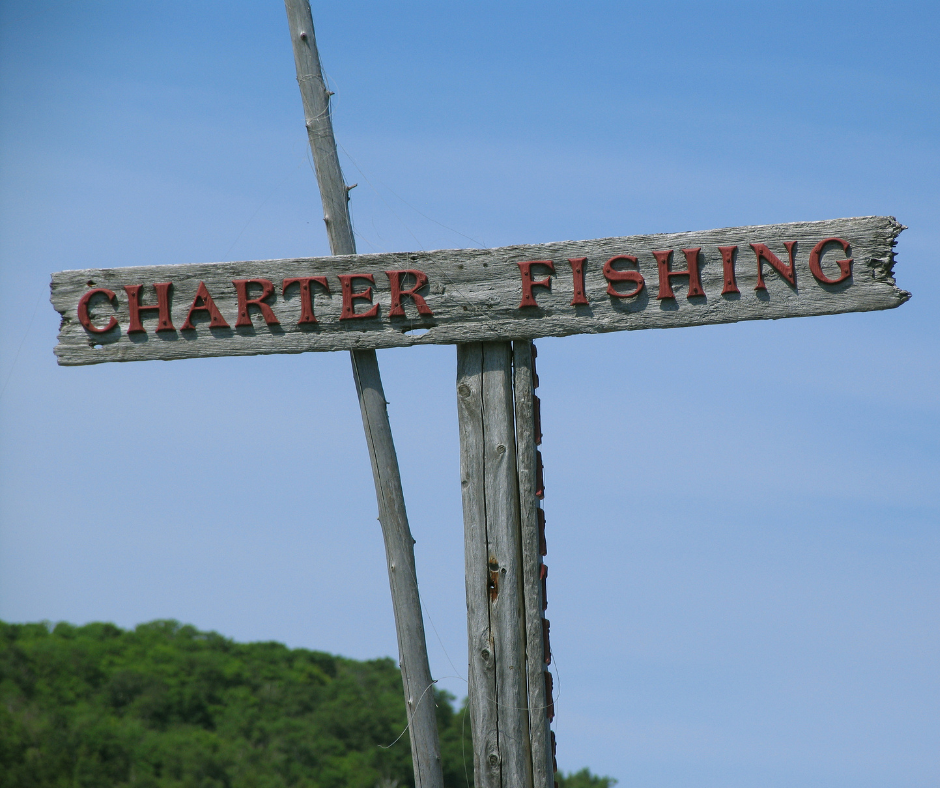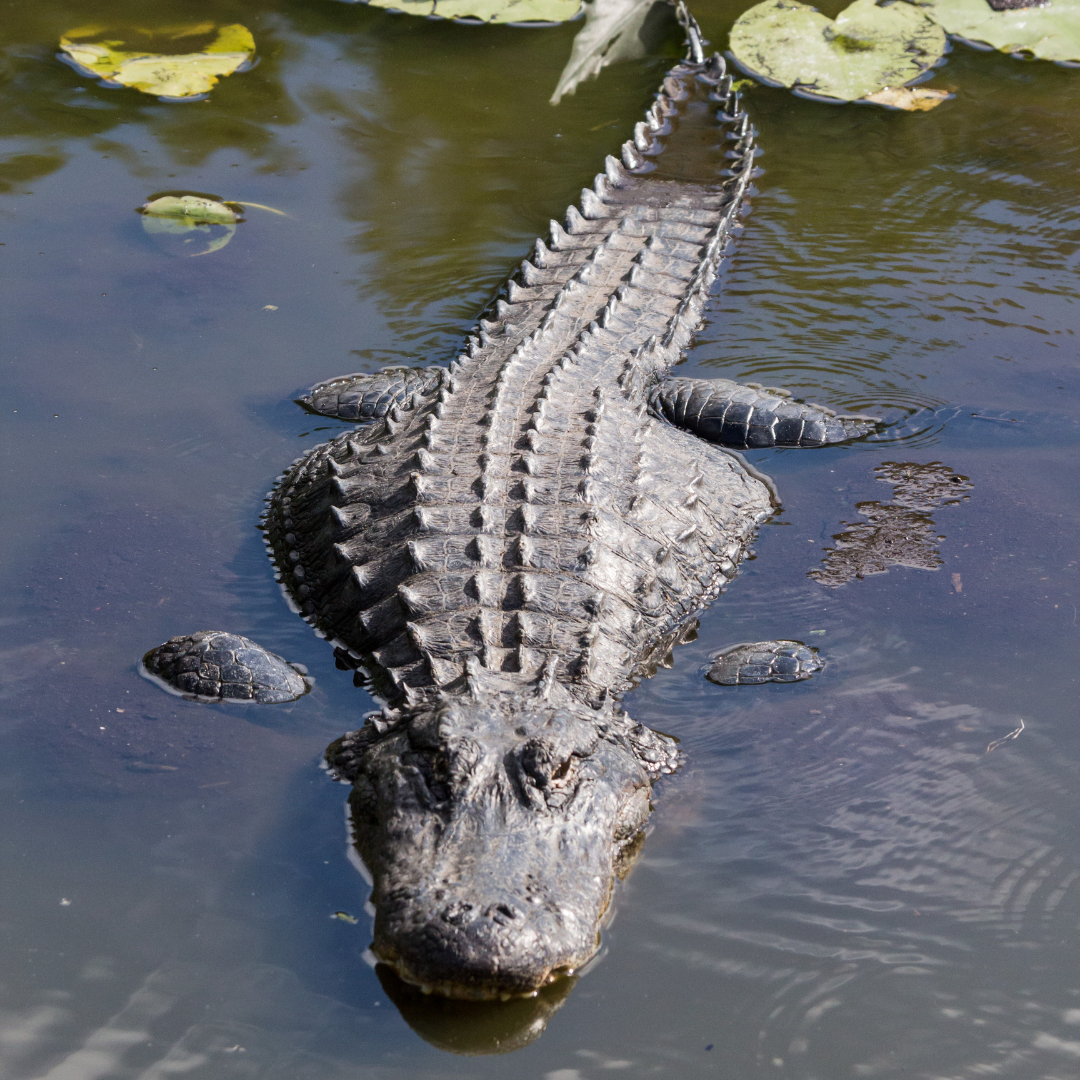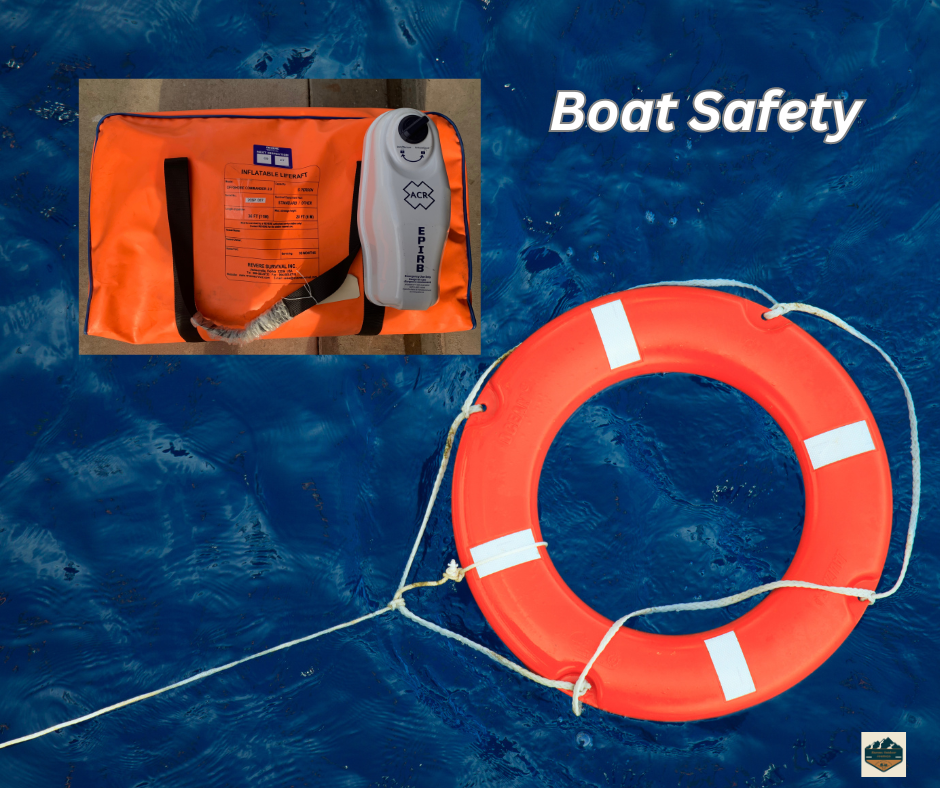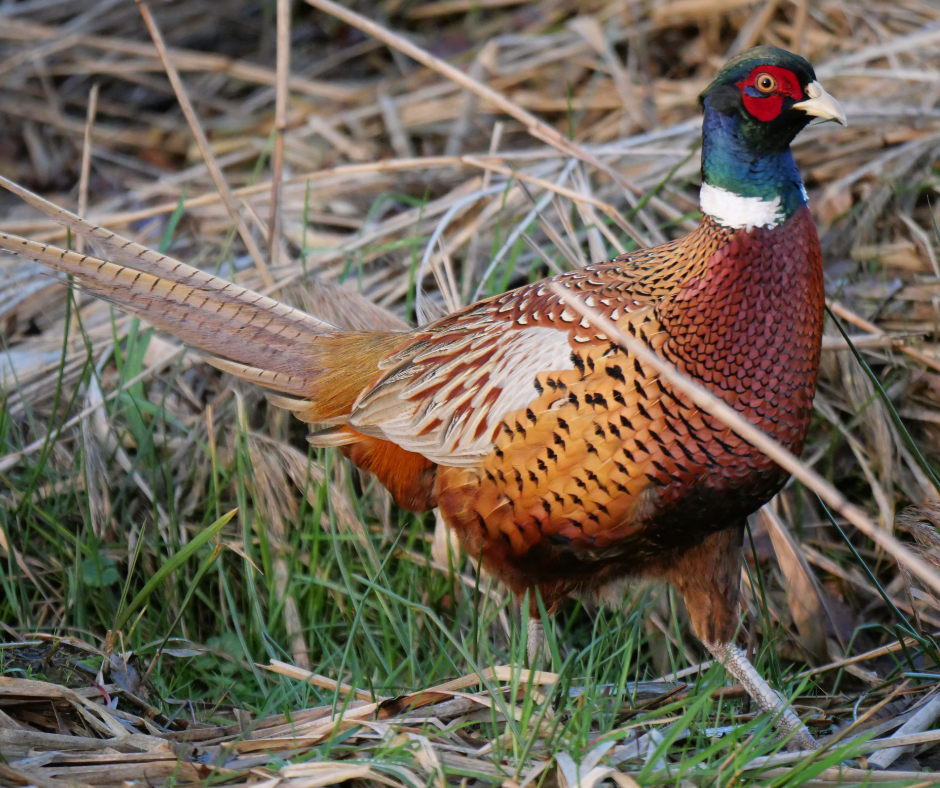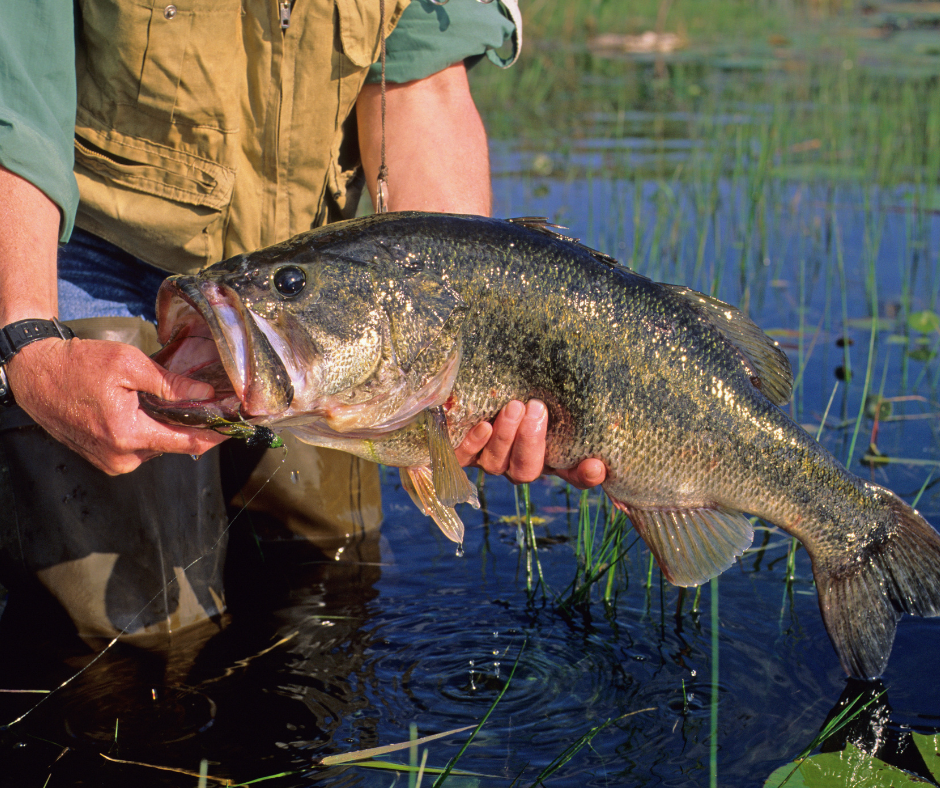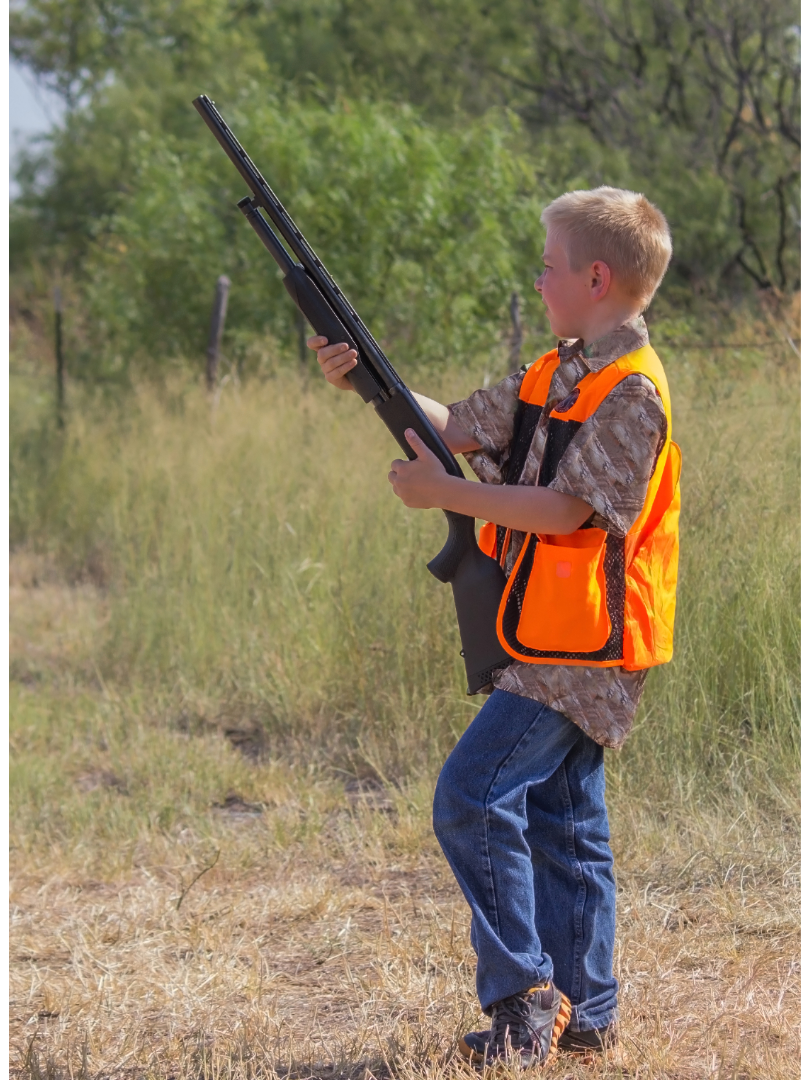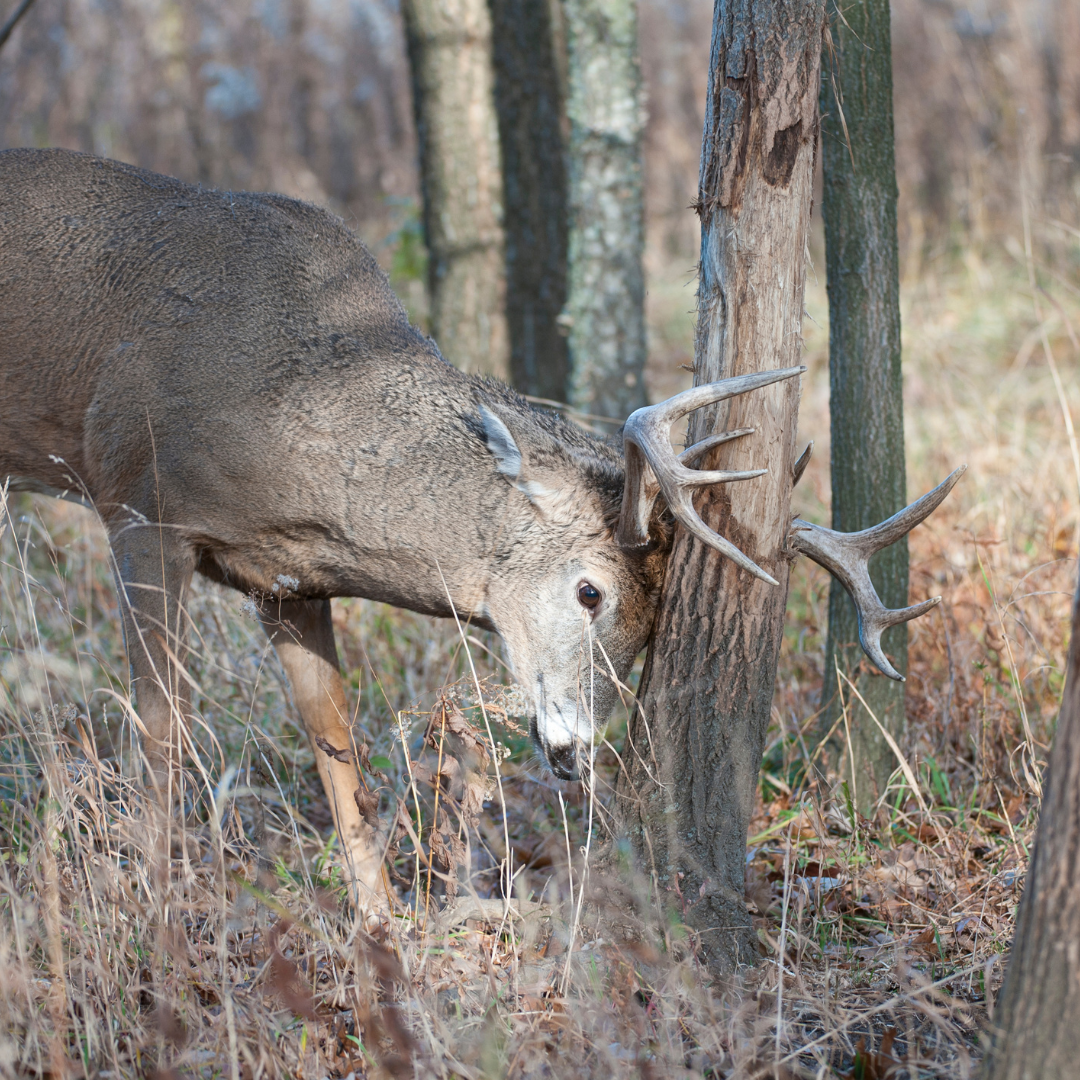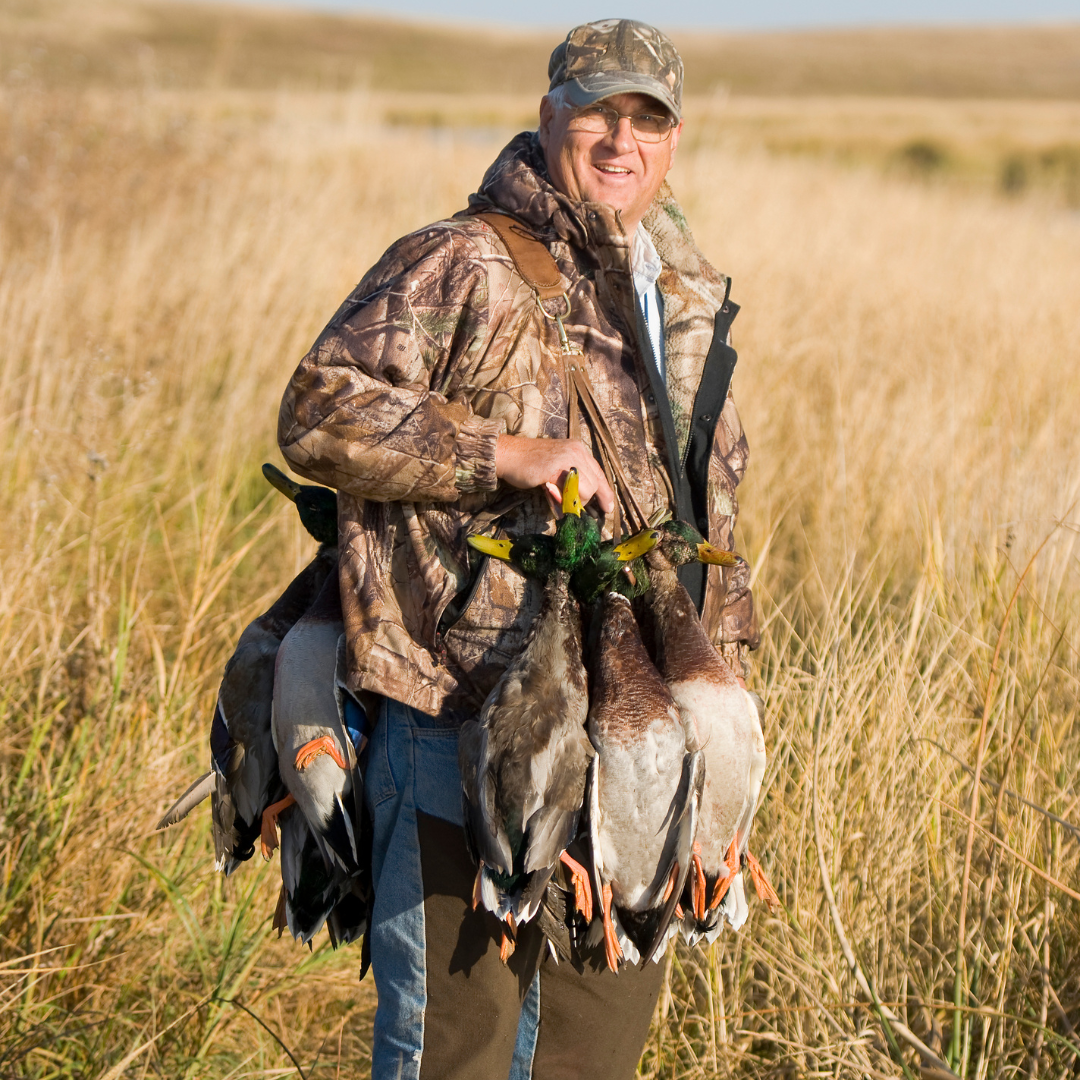Experience the Rush Alligator Hunting in the
Sunshine State
Florida's wetlands, marshes, and waterways are not only home to a diverse range of wildlife but also provide a unique opportunity for alligator hunting. Alligator hunting in Florida is an exhilarating and closely regulated outdoor activity that allows participants to experience the thrill of hunting one of the state's most iconic reptiles while contributing to conservation efforts. In this article, we will delve into the fascinating world of alligator hunting in Florida, exploring the regulations, methods, and the important role it plays in managing alligator populations.
Regulations and Licensing: Before embarking on an alligator hunting adventure in Florida, prospective hunters must navigate a series of regulations and obtain the necessary permits and licenses. The Florida Fish and Wildlife Conservation Commission (FWC) is the governing body
responsible for managing and regulating alligator hunting. Here are some key points regarding regulations and licensing:
Permit Application: The FWC typically opens a limited-duration application period for alligator hunting permits. Applicants must enter a random drawing, and successful applicants are issued permits based on a lottery system.
Hunting Seasons: Florida's alligator hunting season usually runs from late August to early
November. Specific dates and regulations may vary from year to year, so it's crucial to stay updated with the latest information.
License Requirements: In addition to the alligator hunting permit, hunters must possess a valid Florida hunting license, which can be obtained through the FWC website or authorized agents.
Selecting Hunting Locations: Florida offers a wide range of hunting locations, including public waters and private lands. It's essential to do thorough research and obtain permission if hunting on private property. Popular hunting locations include lakes, rivers, swamps, and canals
where alligators are known to be active.
Hunting Methods: There are two primary methods for hunting alligators in Florida:
Spot and Stalk: This method involves locating alligators during the daytime and capturing them at night using specialized equipment such as harpoons, fishing gear, and powerful flashlights. Spot and stalk hunting requires skill, patience, and the ability to work in low-light conditions.
Baited Hunts: Baited hunts involve setting baited hooks or lines and returning to check for captured alligators. This method is less physically demanding but requires patience and careful monitoring of baited lines.
Safety Precautions: Safety is of paramount importance when hunting alligators. Hunters must follow strict safety guidelines, including the use of appropriate equipment, life jackets, and communication devices. Alligator hunting can be challenging, and hunters should be prepared for unexpected situations.
Tagging and Reporting: Once an alligator is successfully captured, it must be immediately tagged with the provided harvest tag. Reporting the harvest to the FWC is also mandatory. This information is crucial for data collection and population management.
Processing the Alligator: After a successful hunt, hunters can process the alligator for its meat, hide, and other valuable parts. It's essential to utilize as much of the animal as possible to minimize waste and respect the resource.
Alligator hunting in Florida is a thrilling and regulated outdoor pursuit that allows individuals to connect with the state's natural heritage while contributing to wildlife conservation efforts. The careful management of alligator populations helps maintain ecological balance in Florida's ecosystems. If you're considering alligator hunting in the Sunshine State, make sure to familiarize yourself with the latest regulations, seek proper licensing, and prioritize safety at all times. By doing so, you can enjoy an unforgettable and responsible alligator hunting experience in Florida's
unique wilderness.
